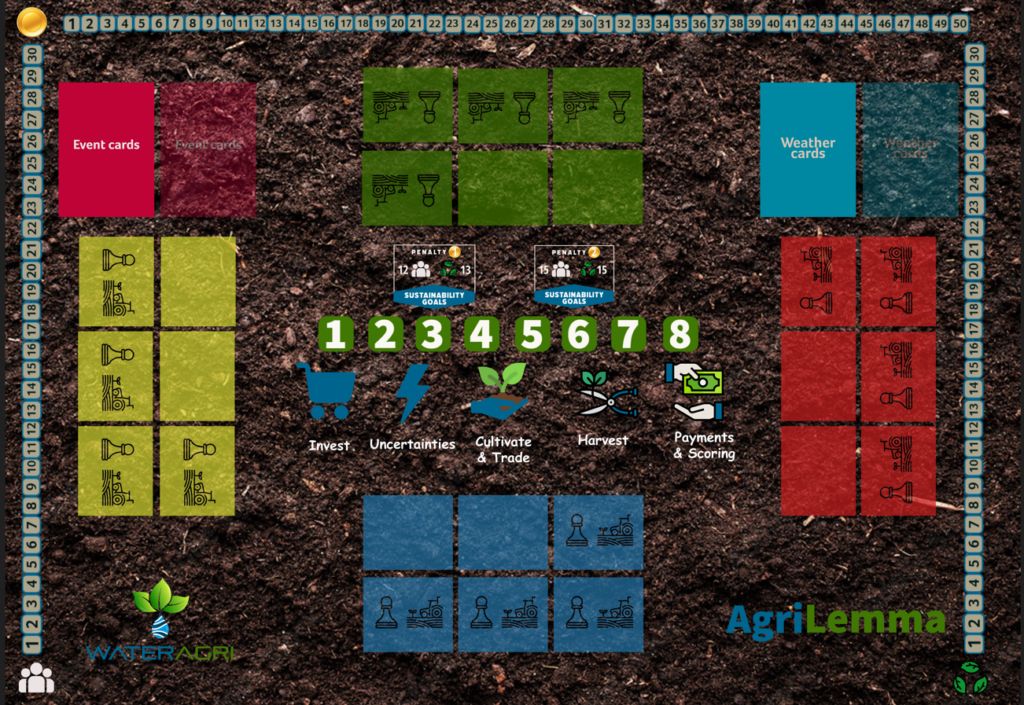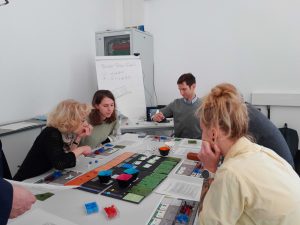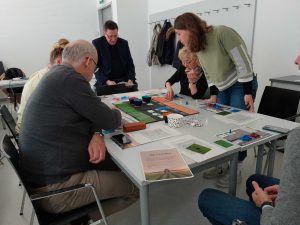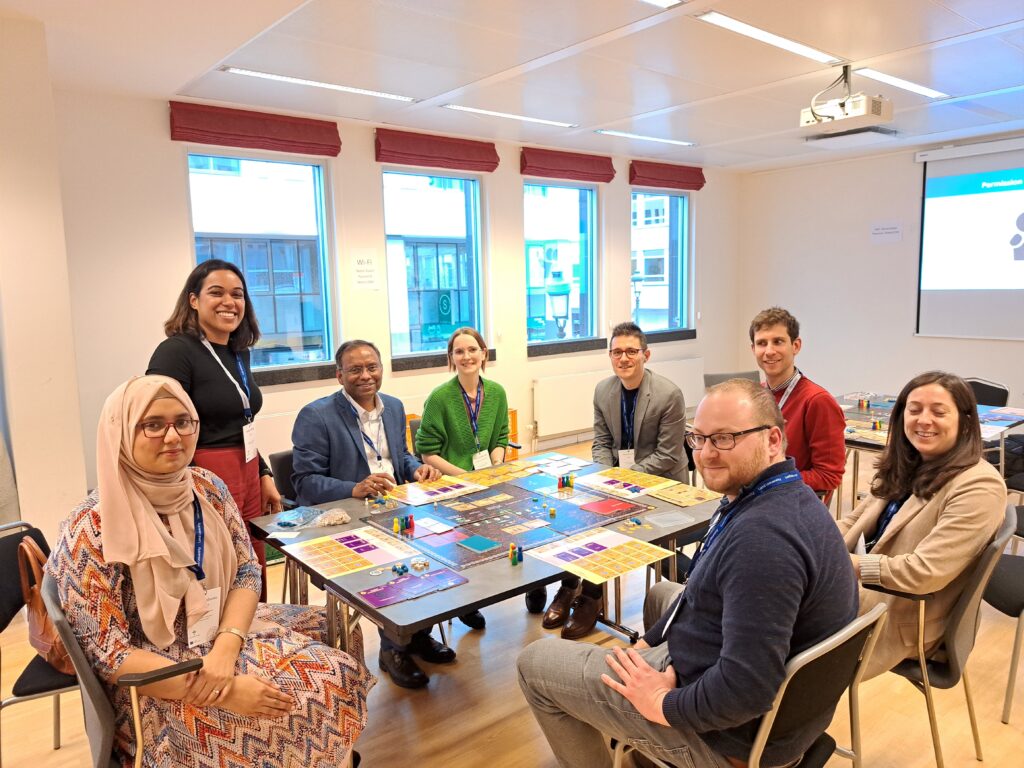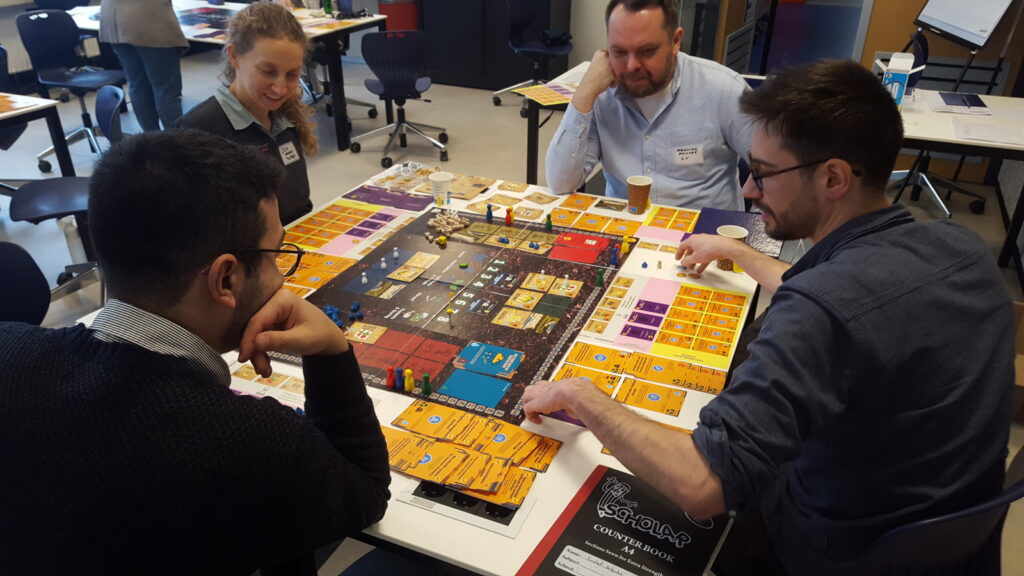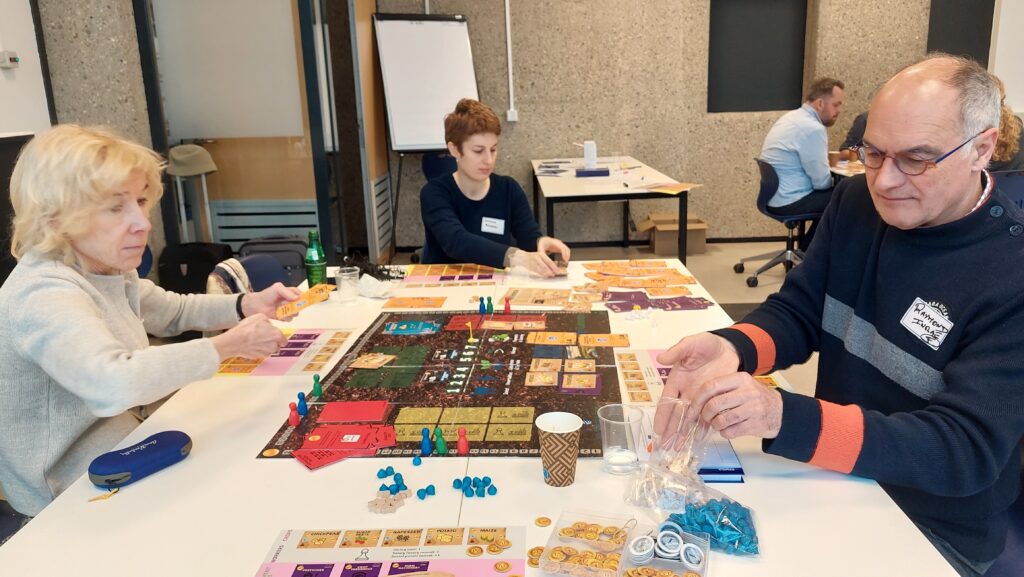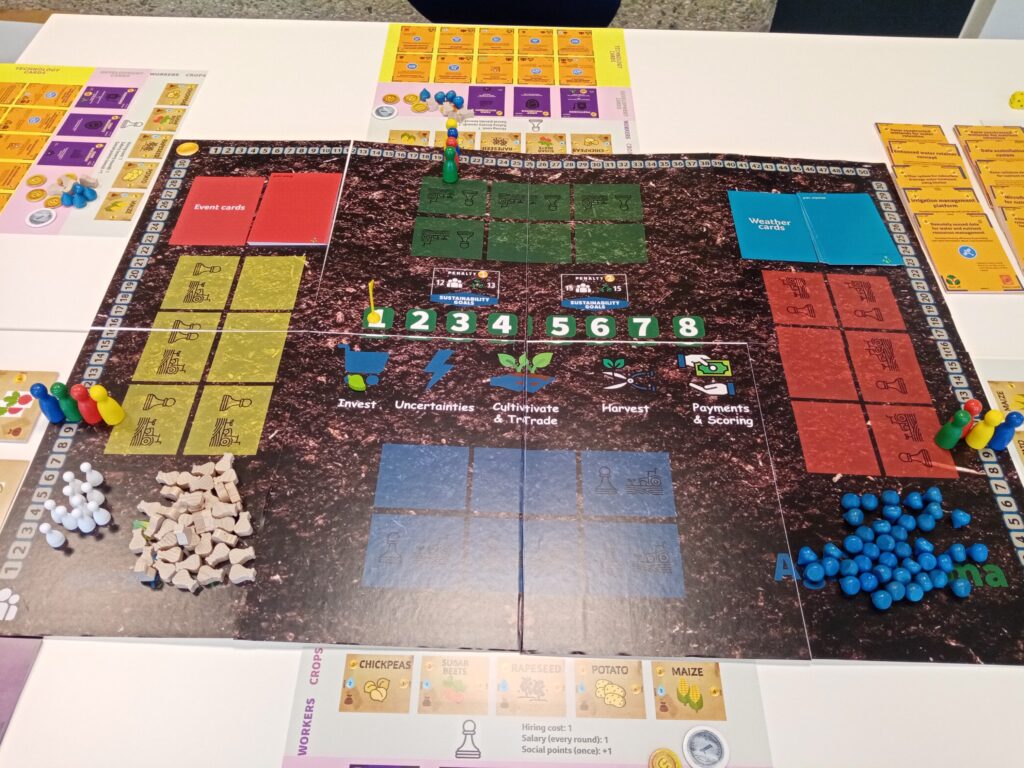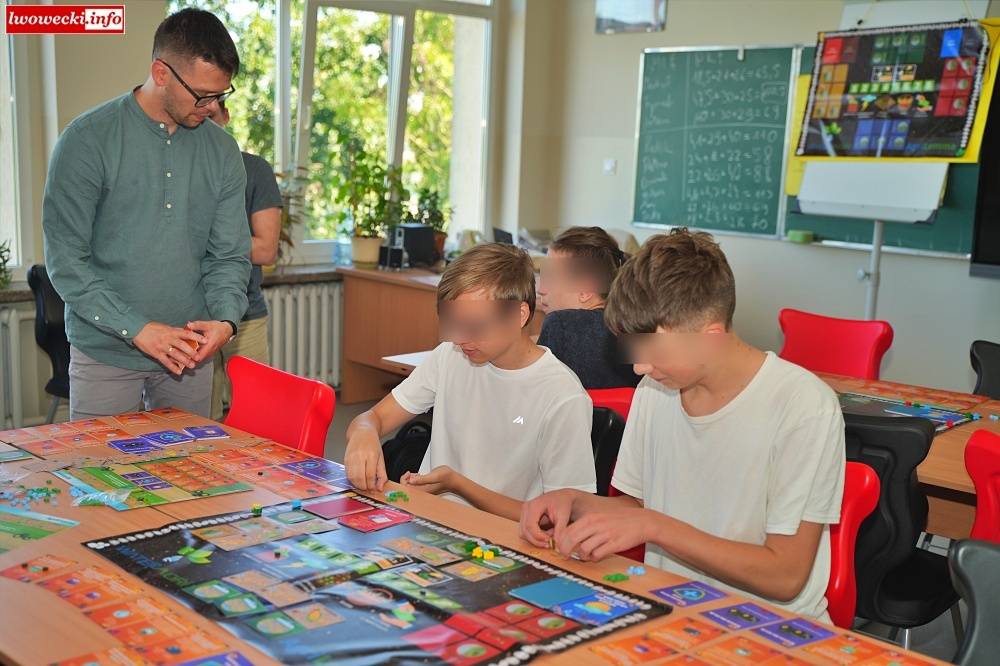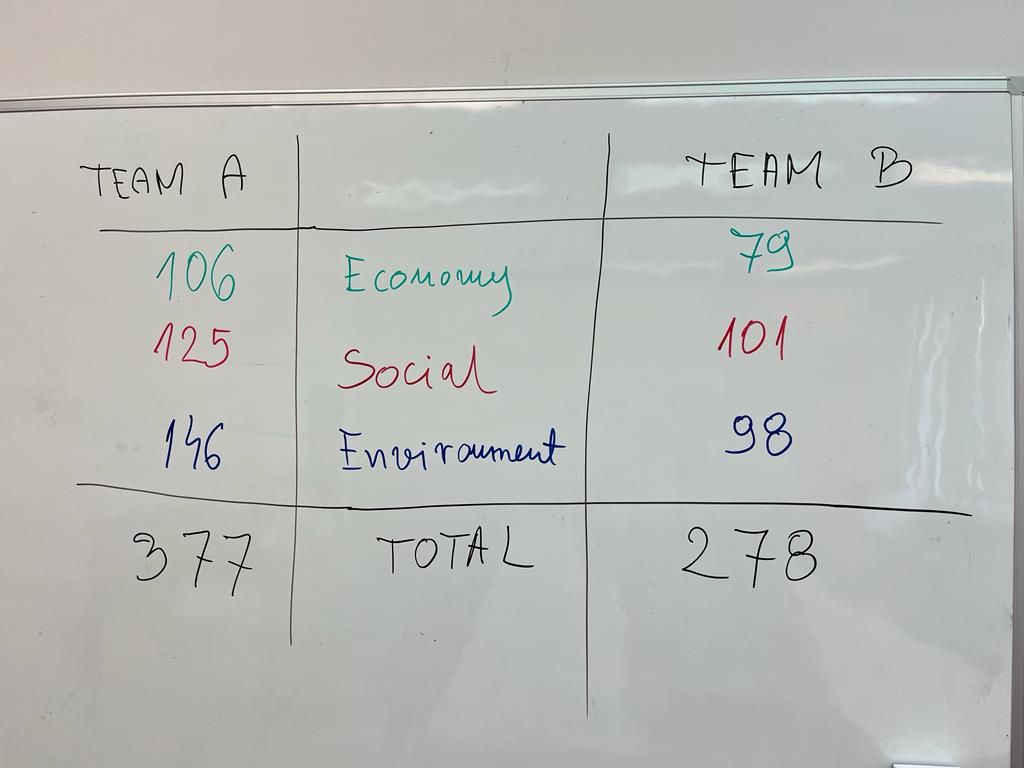About
Who says sustainable water retention and nutrient recycling solutions cannot be fun? AgriLemma, a serious game developed by researchers at TU Delft, is one of the 11 creative WATERAGRI framework solutions designed to help stakeholders better understand new technologies being developed and demonstrated as part of the WATERAGRI project. The overall goal of AgriLemma is to engage stakeholders and support the adoption of the proposed solutions.
How does the Serious Game contribute to WATERAGRI objectives? What can stakeholders learn about the project while playing the game?
The serious game, AgriLemma, aims to increase awareness about water retention and nutrient retention technologies developed in the WATERAGRI project. It will help the stakeholders better understand trade-offs between outcomes of available options and appreciate technologies and solutions developed in the project. Furthermore, since games are an immersive and interactive medium, AgriLemma can engage stakeholders and increase their acceptance of WATERAGRI solutions.
What can players expect from playing the Serious Game?
AgriLemma is a game about farmers in Europe in the 21st century. The game is a multi-player board game (see figure above) that simulates the world of the farmers, who are faced with the challenge of adapting to the growing pressures of climate change, water scarcity/abundance, and the institutional push for sustainable food production. In the game, stakeholders step into the shoes of a farmer who has to manage their farm. Throughout the different rounds of the game, farmers can buy resources such as water-saving or nutrient-saving technologies, monitor and harvest their crops, and pay maintenance costs. In the meantime, external influences such as changing weather patterns or actions taken by stakeholders such as the government, consumers, environmental activists, and technology providers affect the farmers in each round. Farmers have to take all of this into account in formulating a strategy to develop a farm that is profitable and sustainable, i.e., positive environmental and social impact.
Developed by
Aashna Mittal, Lisa Sholten, Zoran Kapelan - Delft University of Technology
Contact
Aashna Mittal
A.Mittal@tudelft.nl
Who else, except farmers, can engage in the playing process?
The game is targeted primarily at farmers but also the general public and other stakeholders who want to understand the challenges and trade-offs in agricultural water management can enjoy the game. Although the players adopt the role of a farmer in the current version of the game, the game can also be played by policymakers, public authorities, technology providers, scientists, and civil society organizations who wish to understand how their actions might affect a farmer.
Solution test process
Serious game development is iterative in nature. Once a prototype is developed, it needs to be validated and tested to confirm if the game has the intended impact on the players and if the real-world problem is well captured through the game mechanics. So far, AgriLemma has undergone two testing iterations. In November 2020, the first prototype was tested with 15 MSc students at TU Delft. The major feedback received was to simplify the game rules, make technologies more intriguing and informative and add more objectives to the game beyond only economic profitability. In April 2022, the next prototype of the game was presented and 3 test sessions with internal WATERAGRI stakeholders were conducted. The game was well received and as well as many useful suggestions for further improvement – further simplifying the rules, balancing the game numbers, and adding ‘social’ objectives to the game. This feedback wasincorporated into the development of the final game prototype that was presented at the 4th WATERAGRI Workshop in Delft in February 2023. Thereafter, the game has been translated to Polish and played at farm schools in Poland, students at the Wrocław University of Environmental and Life Sciences, at the WATERAGRI conference in Brussels, and students at the Lund University, Sweden.
Publications
Aashna Mittal, Lisa Scholten, Zoran Kapelan, A review of serious games for urban water management decisions: current gaps and future research directions, Water Research, 215 (2022) 118217, Article in Journal

Development of first prototype.

Testing first prototype with MSc students.

Development of second prototype.

Testing second prototype with WATERAGRI consortium members.

Development of third prototype.

Presentation of final prototype at 4th WATERAGRI stakeholder workshop.
